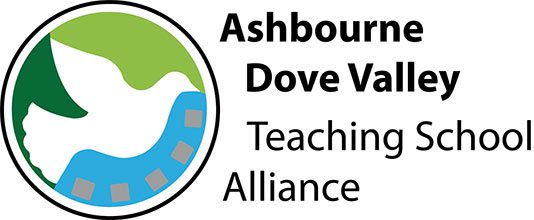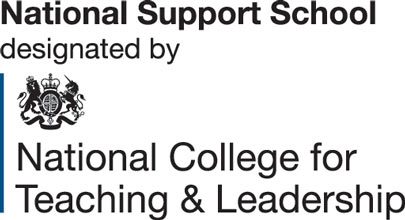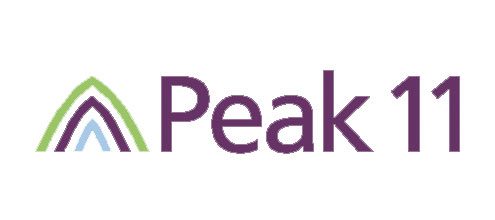– Making the most of Year 11
Guide for Parents and Students
QEGS 'How to Revise' Guide for students
The basics
- Find a quiet and tidy space where you can work
- Switch off/hide your phone and other electronic devices so that you are not distracted – better still hand them to your parents/carers!
- Make sure you have the equipment you will need, for example, your exercise books for the subjects you are revising/preparing for, textbooks, revision guides, paper, pens, pencils, highlighters etc.
- Are you hungry? Get something to eat – you learn best when you are not hungry
- Are you thirsty? Make sure you have some water nearby
How often do I revise?
The timetables you have been provided in this booklet are guides. You might need to revise some subjects more often than others because it is a subject that you find more challenging. As a general rule, little and often is the best way.
- The revision timetable provided means that you will revise each subject you study at least twice a week. Revise actively for 30-60 minutes for each subject scheduled for that day. If there are two subjects to revise, then you will revise for a maximum of two hours.
- Take a break after each subject. Do something completely different to the task you have been doing. A form of exercise is a really good way to switch off and have an effective break. Perhaps go for a walk, kick a football around outside, talk with someone at home.
- Split your subjects into smaller, topic based chunks. Your teachers can help you with this.
Important note: Revision is in addition to the home work set for you by your subject teachers.
More tips and advice can be found in the Guide above.
How parents and carers can help
The good news is that you don’t need to be an expert in any of the subjects your child studies to make a difference. One of the hardest demands on students is that of understanding the longterm importance of doing the best they can, and learning to shelve short-term fun in the interest of long-term benefits (not easy, even for adults). Your support, encouragement and interest can make a spectacular difference to your child’s motivation and ability to cope with the academic and organisational demands of the exam period.
90% in an exam is a great result but in terms of attendance it means that the student has missed 1 of every 10 teaching Please help your child to attend school and all lessons (including any remote learning where applicable). Our target is 96% attendance.
Regular testing in order to recall content is the best way of getting us to think hard. Thinking about and getting the answer is much better than re-reading notes. Encourage them to quiz themselves often.
The best way to revise is through past exam papers; it is the closest thing they will get to the real exam and the best way of checking for any gaps in understanding. Get hold of the mark schemes too so that they can self-mark (see our subject pages for information)
Space out the time they revise. Cramming is fine for the short term, but it is not the most effective way of revising. Little and often is better, revisiting content after a few days, and then a few weeks. A revision timetable will help with this. There are some examples in this booklet.
Quiz them at random times; at breakfast, in the car or during dinner. Their exercise book should be a good place to start and a good source of quizzing information for you. Get them to explain their answer, this will help them to remember it.
Even if the content is not on the exam, reading around the subject helps to build deeper understanding. See our subject pages for ideas
Learning definitions of key words will help students to gain a few extra marks and will help them to understand the exam questions. Produce memory cards or sticky notes with the key word and correct definition.
Rhymes and mnemonics can be a fun way of revising and can be effective when helping to store larger amounts of information. Get your child to write them on posters and stick them around their bedroom.
Exercise is good for the body and mind and can help students to cope with stressful situations. The brain and body also need plenty of rest and plenty of fuel.
Remove any distractions such as computers and phones and encourage your child to study for small but focused amounts of time. They should revise for about 30 minutes to an hour at a time, with a good break in between sessions.
Revision varies from subject to subject. They will be examined on what we have taught them in class and the most important thing is that they remember the content we have taught. See our subject pages for specific advice.
The sooner they start to revise, the more confident they will feel going into the exam












